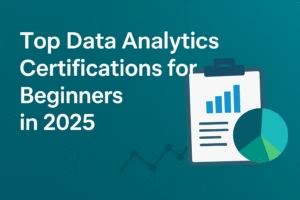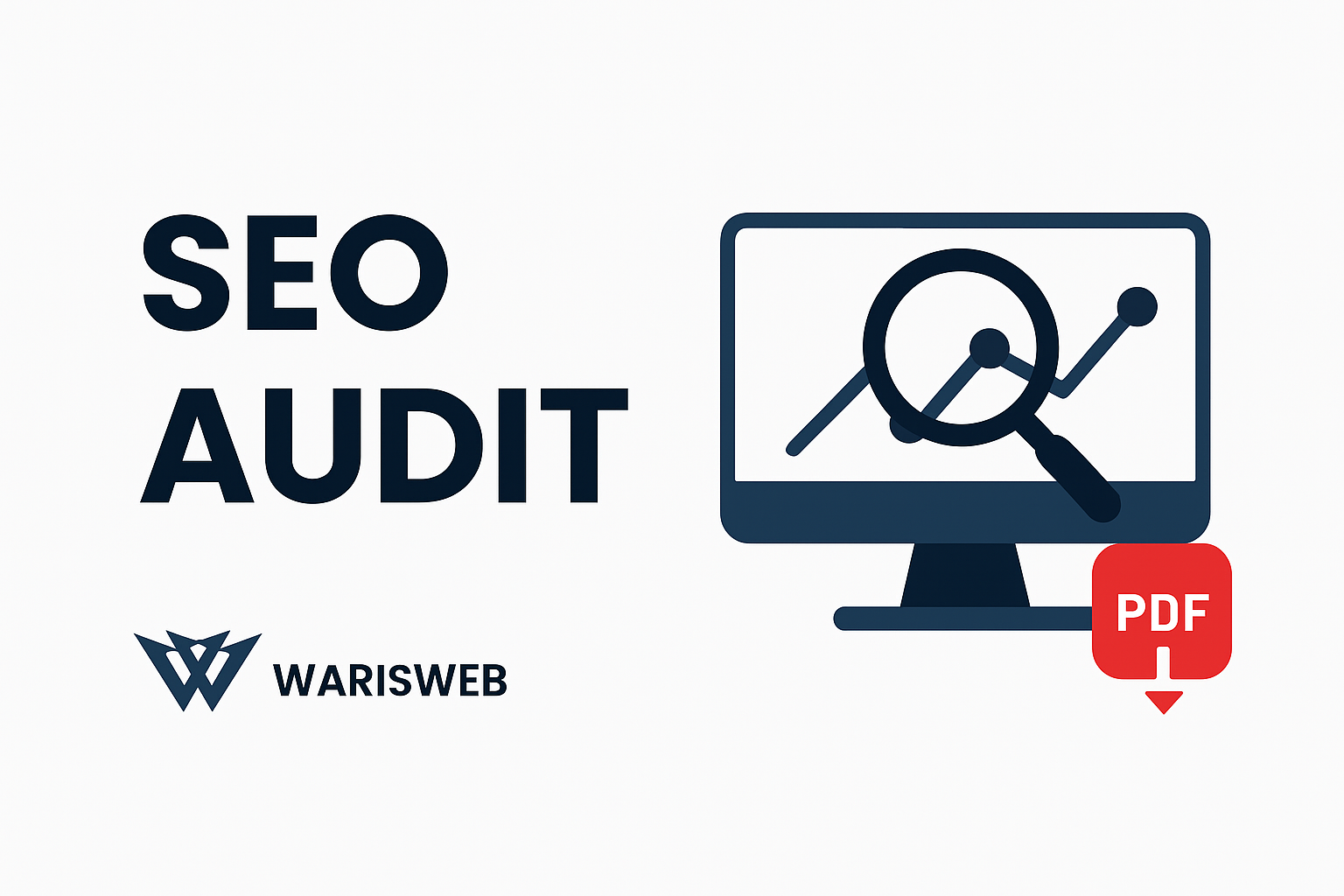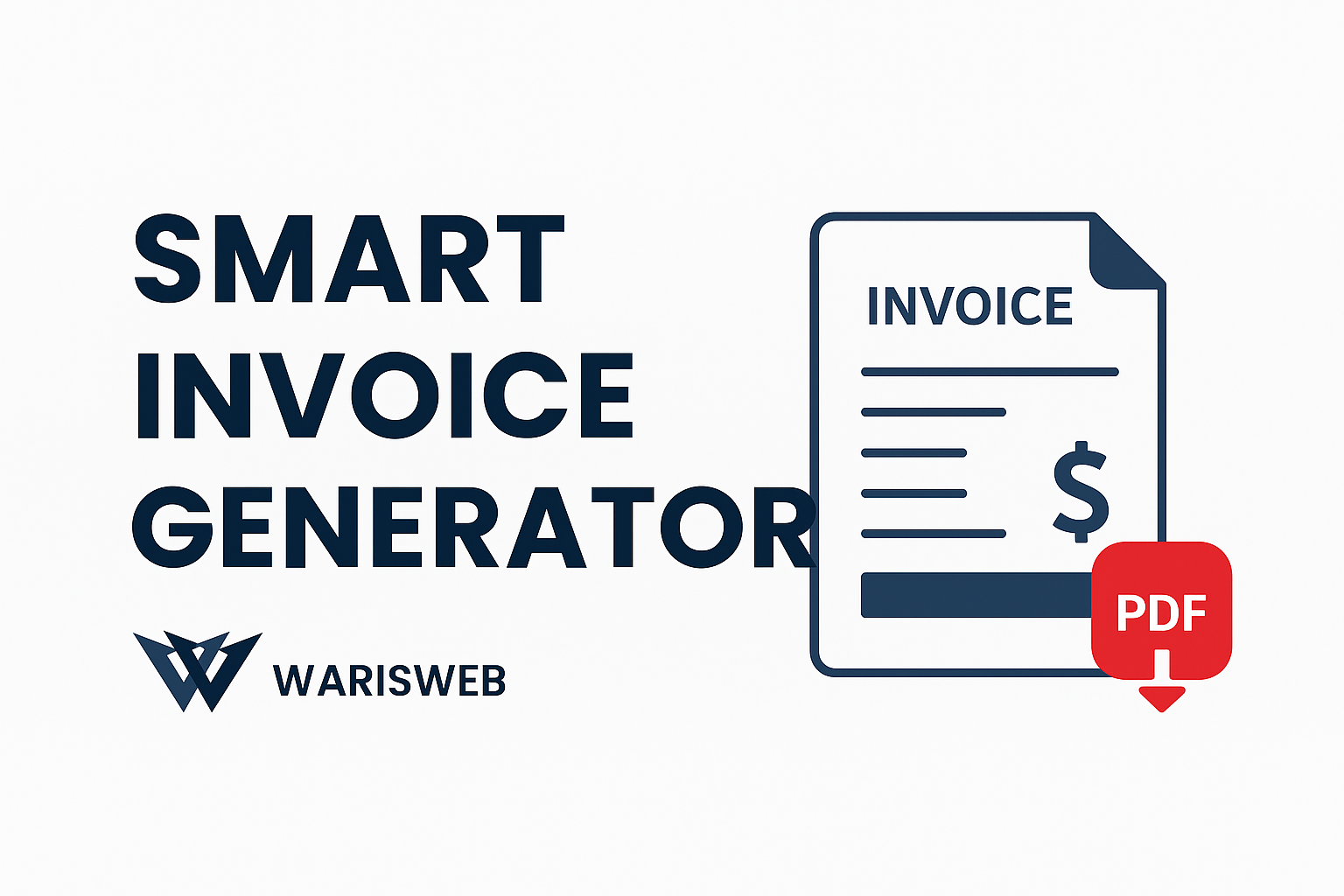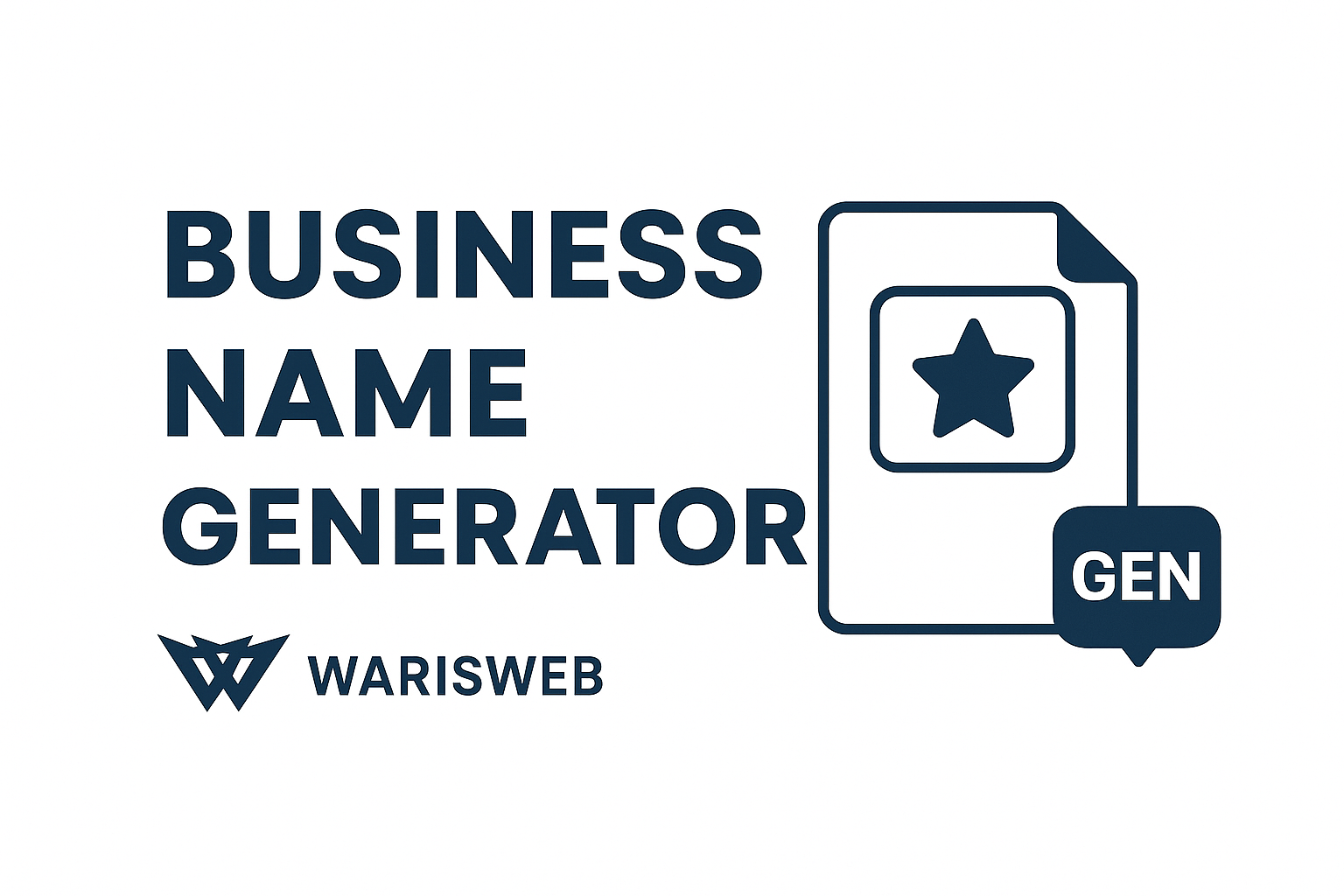Best SaaS Skills to Learn in 2025 for a High-Paying Remote Job
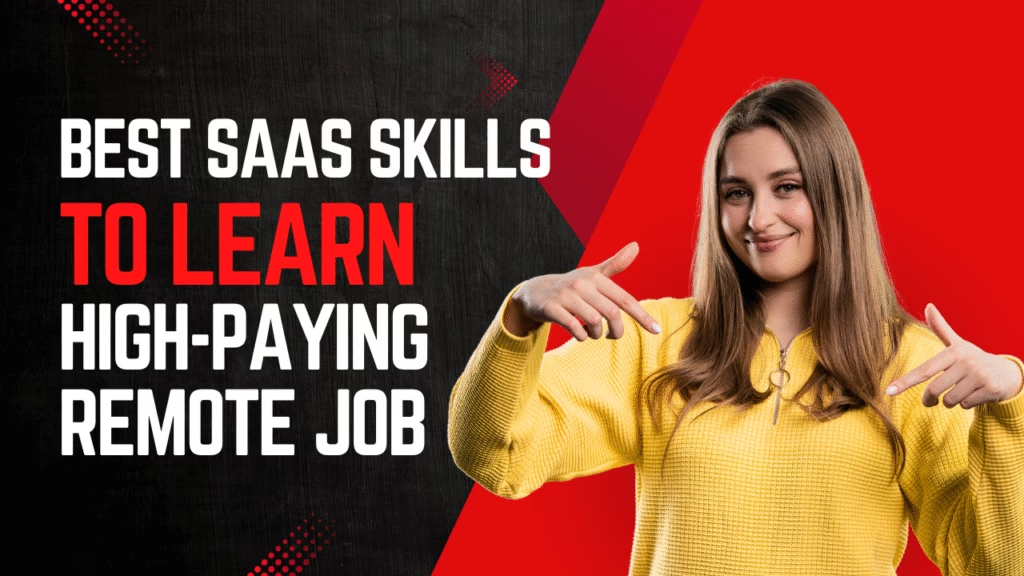
If you’re looking for a career that combines high salaries, remote work flexibility, and genuine job security, you need to pay attention to the SaaS (Software-as-a-Service) industry. I’ve been tracking this space for years, and 2025 is shaping up to be one of the most exciting times to build SaaS skills.
Why? The numbers tell an incredible story. Companies are desperately seeking SaaS talent, remote opportunities are abundant, and the salaries are frankly impressive. But here’s the thing—not all SaaS skills are created equal, and knowing which ones to focus on can make the difference between landing a $50K job and a $150K+ remote position.
Let me walk you through exactly what SaaS skills are worth your time in 2025, based on real market data and what I’m seeing companies actually hire for.
Why SaaS Skills Are Important in 2025
The SaaS boom isn’t slowing down—it’s accelerating. The market is projected to grow from USD 315.68 billion in 2025 to USD 1,131.52 billion by 2032, exhibiting a CAGR of 20.00% during the forecast period. That’s not just growth; that’s explosive expansion that creates massive job opportunities.
But here’s what makes SaaS particularly attractive for remote workers: It’s estimated that by 2025, 85% of business apps will be SaaS-based, and companies that use them estimating that this will increase to 85% in 2025. This isn’t a trend—it’s the new foundation of how businesses operate.
The Remote Work Connection
SaaS companies were remote-first long before COVID made it cool. Why? Because they build the tools that enable remote work. Browse 1000+ REMOTE SAAS jobs ($83k-$175k) from companies with openings that are hiring now gives you a sense of both the volume and pay scale we’re talking about.
Why This Matters for Your Career
Unlike traditional tech roles that might require you to live in expensive tech hubs, SaaS skills can land you high-paying remote positions from anywhere in the world. I’ve seen professionals in smaller cities earning Silicon Valley salaries while working for global SaaS companies.
The industry also rewards specialization. Unlike general “tech” skills that everyone has, specific SaaS expertise—whether it’s understanding subscription metrics, B2B sales cycles, or cloud-native development—commands premium salaries.
Top SaaS Skills in 2025
Based on current hiring patterns and salary data, here are the SaaS skills that will pay the most in 2025.
SaaS Product Management
Product management in SaaS is fundamentally different from traditional product management. You’re not just shipping features—you’re managing subscription lifecycles, analyzing churn, optimizing for recurring revenue, and understanding complex B2B buying processes.
Key Skills You Need:
- Understanding SaaS Metrics: ARR, MRR, churn rate, LTV, CAC—these aren’t just acronyms, they’re the language of SaaS business
- Subscription Pricing Models: Freemium, tiered pricing, usage-based billing, and when to use each approach
- Agile and Scrum Frameworks: Most SaaS companies use iterative development, and PMs need to excel at managing sprints and releases
- Customer Success Integration: Unlike traditional products, SaaS products need ongoing customer success to prevent churn
Why It’s Valuable: SaaS product managers directly impact recurring revenue, making them incredibly valuable to companies. The average salary for a Saas Product Manager is $172,558 per year in United States, with The average expected salary for Product Managers in SaaS startups is 130k per year, with a range from 70k to 215k.
Getting Started: Begin by learning SaaS-specific frameworks like the Pirate Metrics (AARRR) model and understanding how subscription businesses actually work. Take courses on product-led growth and freemium models.
SaaS Sales & Customer Success
SaaS sales is a specialized skill because you’re not selling a one-time product—you’re selling an ongoing relationship. This requires different approaches, longer sales cycles, and deep understanding of customer value realization.
Essential Skills:
- B2B SaaS Sales Methodology: Understanding complex sales cycles, multiple stakeholders, and consultative selling approaches
- CRM Mastery: Salesforce, HubSpot, Pipedrive—these aren’t just tools, they’re the backbone of SaaS sales operations
- Customer Success Frameworks: Onboarding processes, adoption tracking, expansion revenue strategies
- SaaS-Specific Objection Handling: Security concerns, integration challenges, ROI justification
Why It’s Growing: Every SaaS company lives or dies by its sales and customer success teams. The recurring revenue model means that acquiring and retaining customers is even more critical than in traditional businesses.
Career Path: Start in SDR (Sales Development Representative) roles, move to Account Executive, then Senior AE or Customer Success Manager. Many successful SaaS sales professionals earn $200K+ with commissions.
SaaS Marketing & Growth Hacking
SaaS marketing requires a unique blend of technical knowledge and creative thinking. You’re often marketing complex B2B solutions to technical buyers, which demands deep product understanding and sophisticated lead nurturing strategies.
Core Competencies:
- Content Marketing for Technical Audiences: Writing for developers, IT managers, and C-level executives requires different approaches
- SEO for SaaS: Understanding how B2B buyers search, long sales cycles, and technical content optimization
- Marketing Automation: HubSpot, Marketo, Pardot for lead nurturing and scoring
- Growth Hacking: A/B testing, conversion optimization, viral coefficient improvement
- Account-Based Marketing (ABM): Targeting specific companies rather than broad audiences
Tools You Should Master:
- HubSpot for inbound marketing and CRM
- SEMrush or Ahrefs for SEO and competitive analysis
- Zapier for marketing automation and workflow optimization
- Google Analytics 4 for advanced attribution modeling
The average salary for a Senior Product Marketing Manager with Software as a Service (SaaS) skills is $138,760 in 2025, making this a lucrative specialization.
SaaS Data Analytics
Data drives every decision in successful SaaS companies. Unlike traditional businesses that might rely on quarterly reports, SaaS companies need real-time insights into user behavior, subscription health, and growth metrics.
Technical Skills Required:
- SaaS Metrics Analysis: Deep understanding of cohort analysis, churn prediction, and revenue forecasting
- Customer Behavior Analytics: Tools like Mixpanel, Amplitude, or Heap for user journey analysis
- Business Intelligence: Building dashboards that executives can actually use to make decisions
- SQL and Python: For custom analysis and data pipeline management
- Predictive Modeling: Identifying at-risk customers and expansion opportunities
Why It’s Critical: SaaS companies generate massive amounts of data, and those who can turn that data into actionable insights are incredibly valuable. The subscription model creates complex data relationships that traditional analysts often struggle with.
Getting Started: Focus on learning SaaS-specific metrics first, then build technical skills around the tools that SaaS companies actually use.
SaaS Development & APIs
SaaS development isn’t just about building software—it’s about building scalable, multi-tenant, cloud-native applications that can serve thousands of customers reliably.
Must-Have Technical Skills:
- Cloud-Native Development: AWS, Azure, or Google Cloud expertise for scalable architecture
- API Design and Integration: REST APIs, GraphQL, and webhook systems for third-party integrations
- Multi-Tenant Architecture: Building applications that serve multiple customers securely
- Microservices: Breaking applications into scalable, maintainable components
- DevOps and CI/CD: Automated testing, deployment, and monitoring for reliable service delivery
Programming Languages to Focus On:
- JavaScript/Node.js for full-stack development
- Python for backend services and data processing
- Go increasingly popular for cloud-native applications
- React or Vue.js for modern user interfaces
Why It’s Well-Paid: SaaS developers need to understand not just coding, but business models, security, scalability, and user experience. This combination of skills commands premium salaries.
SaaS Security & Compliance
As SaaS applications handle sensitive business data, security and compliance expertise has become non-negotiable. This is especially true as companies increasingly scrutinize their vendor security practices.
Key Areas of Expertise:
- Cloud Security: Understanding shared responsibility models and cloud-specific security challenges
- Compliance Frameworks: GDPR, HIPAA, SOC2, ISO 27001—knowing which applies when and how to implement
- Identity and Access Management: SSO, SAML, OAuth, and enterprise identity integration
- Data Privacy: Cross-border data transfer, data residency requirements, and privacy by design
- Security Auditing: Penetration testing, vulnerability assessments, and security monitoring
Why It’s in Demand: Enterprise buyers won’t purchase SaaS solutions that can’t meet their security requirements. Companies need security experts who understand both technical implementations and business requirements.
Best Platforms to Learn SaaS Skills (Free & Paid)
Based on what I’ve seen work for career changers, here are the most effective learning platforms:
HubSpot Academy (Free) Honestly, this should be your first stop. HubSpot Academy offers comprehensive, free courses on SaaS marketing, sales, and customer success. The content is created by practitioners, not academics, so it’s immediately applicable. Plus, HubSpot certifications are recognized by employers.
Coursera & edX Great for foundational product management and marketing courses. Look for courses from top universities like Wharton or Stanford that cover SaaS-specific business models and growth strategies.
LinkedIn Learning Solid for technical skills and tool-specific training. Their courses on Salesforce, data analysis, and cloud platforms are particularly useful for SaaS careers.
SaaS University and SaaS Academy These are niche-focused platforms created specifically for SaaS professionals. More expensive than general platforms, but the content is highly specialized and current.
Platform-Specific Training:
- Salesforce Trailhead for CRM skills
- AWS Training for cloud development
- Google Analytics Academy for data analysis
- Zapier University for automation skills
My Honest Recommendation: Start with free resources to validate your interest, then invest in paid, specialized training once you’ve identified your preferred SaaS career path.
Salary Potential in SaaS Careers (2025)
Let’s talk real numbers, because this is probably why you’re reading this article.
SaaS Product Managers The average salary for a Saas Product Manager is $172,558 per year in United States, with In India, the salary of a SaaS Product Manager typically ranges from ₹15 lakh to ₹30 lakh per year, depending on experience, company size, and location.
SaaS Marketing Roles The average salary for a Senior Product Marketing Manager with Software as a Service (SaaS) skills is $138,760 in 2025. Entry-level marketing roles start around $70K, but experienced SaaS marketers can easily command $120K+ in remote positions.
SaaS Development SaaS developers typically earn between $95K–$140K in the US, with senior architects and principal engineers earning $180K+. The combination of cloud expertise and SaaS business knowledge creates significant earning potential.
SaaS Sales This is where the money really is. Successful SaaS sales professionals often earn $200K–$400K when you include commissions. Even entry-level SDR roles start around $60K with significant upside potential.
The India Factor For Indian professionals, SaaS skills can be particularly valuable because many global companies hire remote talent. You can earn global rates while living in India, creating exceptional lifestyle arbitrage opportunities.
The Reality of Remote SaaS Work
Having worked with dozens of SaaS companies, I can tell you that the remote work culture in SaaS is genuinely different from other industries.
Why SaaS Companies Are Remote-First
- They build the tools that enable remote work, so they understand how to use them effectively
- Global talent acquisition is essential for competition
- Lower overhead costs improve SaaS metrics (which investors love)
- The subscription model creates predictable revenue that supports distributed teams
What Remote SaaS Work Actually Looks Like
- More asynchronous communication and documentation
- Regular video calls but fewer unnecessary meetings
- Results-oriented culture rather than hours-based evaluation
- Access to premium tools and training budgets
- Strong emphasis on professional development
Challenges to Consider
- Time zone coordination for global teams
- Need for excellent written communication skills
- Self-motivation and time management are crucial
- Staying current with rapidly evolving tools and practices
Which SaaS Skill Should You Start With?
This depends entirely on your background and interests, but here’s my honest assessment:
If You’re Non-Technical: Start with SaaS marketing or customer success. These roles have lower barriers to entry but still offer excellent career progression. You can learn the business side first, then add technical skills over time.
If You Have Some Tech Background: SaaS product management could be perfect. You get to work with technical teams while focusing on business outcomes. It’s also one of the highest-paying paths.
If You’re Already a Developer: Focus on cloud-native development and API design. The transition to SaaS-specific development skills can dramatically increase your earning potential.
If You Love Data: SaaS analytics is incredibly valuable and not as saturated as general data science roles. Companies desperately need people who understand subscription metrics and customer behavior analytics.
For Career Switchers: I usually recommend starting with SaaS sales or customer success. You can begin earning good money relatively quickly while learning the industry, then specialize based on what interests you most.
The Skills That Matter Most in 2025
After analyzing hundreds of SaaS job postings, here are the skills that consistently appear in high-paying roles:
- Understanding of SaaS Business Models – This foundational knowledge sets you apart from general tech workers
- Customer-Centric Mindset – SaaS success depends on ongoing customer value
- Data-Driven Decision Making – Everything in SaaS is measurable
- Cross-Functional Collaboration – SaaS teams are highly integrated
- Adaptability – The industry evolves rapidly
Your Action Plan
If you’re serious about building a SaaS career, here’s what I recommend:
Month 1: Choose your focus area and complete foundational courses. Start with HubSpot Academy if you’re unsure.
Month 2: Begin building a portfolio or case studies relevant to your chosen path. For marketing, start a blog. For product management, analyze existing SaaS products.
Month 3: Apply for entry-level positions or internships while continuing to build skills. Don’t wait until you feel “ready”—the SaaS industry values learning agility over perfect credentials.
Ongoing: Join SaaS communities, follow industry leaders, and stay current with trends. The learning never stops, but that’s also what keeps the work interesting.
The Bottom Line
SaaS isn’t just a hot industry—it’s becoming the foundation of how business software works. The SaaS industry shows no signs of slowing down in 2025, with projections indicating its market value will surpass $295 billion by year-end.
The combination of high salaries, remote work opportunities, and genuine job security makes SaaS skills some of the most valuable you can develop in 2025. Whether you choose marketing, development, product management, or sales, you’re positioning yourself in an industry that’s only going to grow.
But here’s what I want you to remember: the best SaaS skill is the one you actually enjoy using. These are all learnable skills, but your passion for the work will determine how far you go. Pick the path that excites you, start learning today, and don’t be afraid to specialize deeply—that’s where the real money and career satisfaction lie.
The SaaS revolution is far from over. The question isn’t whether there will be opportunities—it’s whether you’ll be ready to take advantage of them.
Frequently Asked Questions?(FAQ's)
SaaS marketing and customer success are definitely the most beginner-friendly entry points. They don’t require deep technical knowledge upfront, have plenty of free learning resources (especially HubSpot Academy), and offer clear career progression paths. You can start applying these skills immediately, even in your current role, to build experience.
Not at all! While technical skills can be valuable, many high-paying SaaS roles focus on business functions. Sales, marketing, customer success, product management, and business analysis roles typically don’t require coding. However, understanding how SaaS products work and basic technical literacy will definitely help your career.
The platforms with the highest demand are Salesforce (CRM and automation), HubSpot (marketing and sales), Microsoft 365/Teams (productivity), Zoom (communication), ServiceNow (IT service management), and AWS/Azure (cloud infrastructure). Learning any of these platforms can significantly boost your job prospects.
Absolutely! SaaS companies are among the most remote-friendly employers because they build the tools that enable remote work. Most SaaS companies offer fully remote or hybrid options, and many hire globally. This makes SaaS skills particularly valuable if you want location independence or access to global job markets.
Share This Post:
Previous Articles:


Free Machine Learning Courses for Beginners (Hands-On Projects) – 2025

